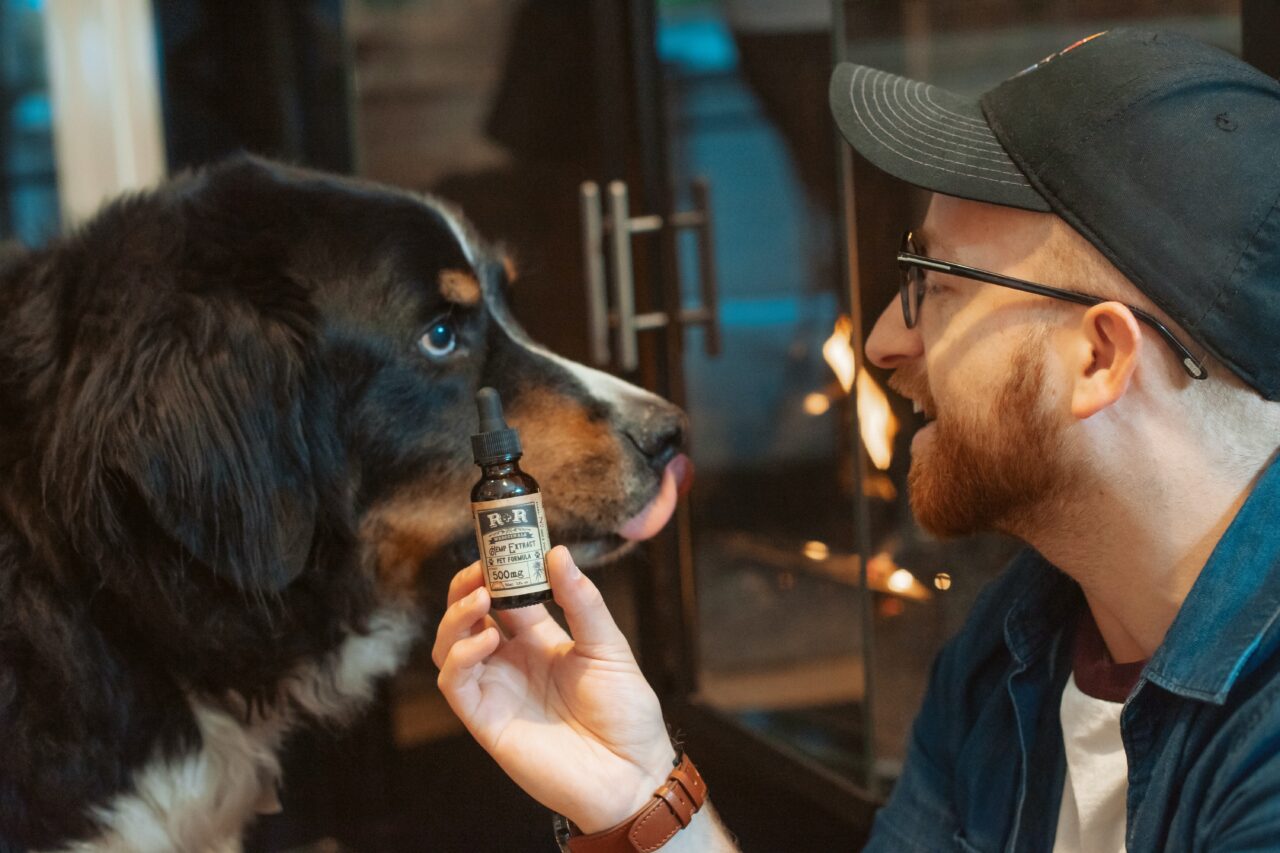Introduction:
Dogs are much more than simple house pets; they are our valued friends, protectors, and companions. It is our responsibility as dog owners to provide the best care for our puppies, including maintaining their health and wellness. Dogs, like humans, require a balanced diet, regular exercise, and care plans in order to live healthy and happy lives. In this blog post, we’ll go over some of the most important factors affecting a dog’s overall well-being and health, including diet and nutrition, exercise, cleanliness and grooming, mental stimulation and enrichment, and preventative care. By putting your attention on these things, you may help to ensure the health and happiness of your animal buddy for many years.
Diet and Nutrition
Your dog general health and happiness are greatly influenced by the food they consume. To maintain their immunity, keep a healthy weight, and ward off numerous health problems, they must eat a well-balanced and nutritious diet. For dogs, a healthy diet consists of a high protein, low carbohydrate, and essential nutrition diet that also includes vitamins, minerals. Some dog owners choose to prepare their dogs’ food themselves or give them raw diets, but it’s crucial to speak with a veterinarian before making any big dietary changes for your dog.
Exercise and Physical Activity
To keep healthy and happy, dogs require frequent physical activity. Lack of exercise can cause behavioral issues, muscle loss, and weight gain. On the other side, consistent exercise can support the maintenance of a healthy weight, enhance muscular tone, and lessen tension and worry. Your dog breed, age, and general health will determine how much and what kind of exercise they require.
Genetics and Breed
The health and wellness of your dog can be influenced by genetics and breed. Breeds might be more prone to heart illness, skin conditions, or hip dysplasia than others. It’s crucial to learn about your dog’s breed and any potential health problems that they could experience. Preventative treatment and routine checkups can help identify any health issues early on.
Environment and Living Conditions
Your dog’s health and happiness may be impacted by its environment. Their health may be impacted by elements including temperature, humidity, and air quality. Giving your dog a clean, healthy environment free of possible dangers like harmful plants or pesticides is crucial.
Signs of a Healthy Dog
Physical Signs
A healthy dog will also have sleek fur, sparkling eyes, and a healthy weight. Their coat should be tidy and free of mats or knots, and their eyes should be bright and clear. What is regarded as an appropriate weight for a dog depends on its breed and size, but your doctor can assist with figuring out what is ideal for your dog.
Behavioral Signs
Also, a healthy dog will exhibit specific behavioral traits including alertness and focus, a healthy appetite, and a cheerful temperament. They ought to be curious about their environment and want to play and connect with their owners.
Routine Checkups and Preventative Care
Frequent visits to the vet may help safeguard your dog’s well-being and identify any possible health issues early. Also, your veterinarian can suggest preventative care practices including vaccines, parasite control, and dental cleanings.
Common Health Issues in Dogs
Obesity
Dogs that are obese frequently encounter a number of health issues, including heart disease, joint issues, and diabetes. Preventing obesity requires maintaining a healthy weight through a balanced diet and frequent exercise.
Dental Problems
Gum disease, tooth decay, and other dental issues can cause discomfort, infection, and other health issues. These problems can be avoided with routine dental cleanings and at-home dental care.
Joint Issues
Although they can affect younger dogs as well, joint problems like arthritis are more frequent in older dogs. The prevention of joint issues can be aided by regular exercise and keeping a healthy weight. In addition, there are several management options for joint problems, including prescription drugs, dietary supplements, and physical therapy.

Tips for Maintaining Dog Health and Wellness
Choosing a Balanced and Nutritious Diet
For dogs to remain healthy and happy, balanced and nourishing food is crucial. Table scraps and meals heavy in fat or sugar should not be given to your dog since they might cause weight gain and other health issues.
Regular Exercise and Physical Activity
For dogs to remain healthy and happy, regular exercise and physical activity are crucial. Give your dog chances to play and exercise, such as during walks, runs, or retrieve games. Ask your veterinarian to decide the right kind and amount of exercise for your dog because it will depend on their breed, age, and general health.
Grooming and Hygiene
For dogs to remain healthy and happy, regular grooming and cleanliness are crucial. Together with brushing their teeth, they should also trim their nails, clean their ears, and brush their coats. Proper grooming and cleanliness can aid in preventing a number of health issues, including skin infections and dental issues.
Mental Stimulation and Enrichment Activities
Activities that provide mental stimulation and enrichment are crucial for preserving a dog’s health and well-being. Provide your dog with puzzle toys or training games as well as other mental-challenging toys and activities. Behavioral disorders can be avoided and general welfare can be enhanced through mental stimulation.
Preventative Care
For a dog to remain healthy and happy, preventative care practices like immunizations, parasite control, and dental cleanings are crucial. Your dog’s preventative care may be kept current with regular visits to your veterinarian, who can also spot any possible health issues early on.
Additional Tips for Dog Health and Wellness
Keeping your dog healthy and happy requires some additional advice, which you should bear in mind.
Water should always be available to your dog so it can stay hydrated.
Don’t feed your dog table scraps or human foods like grapes, grape juice, and delicacies like chocolate and onions that are poisonous to dogs.
Although you should first speak with your veterinarian, you might want to add vitamins or other supplements to your dog’s diet.
Verify the flea and tick preventive methods your dog is using are current.
To guarantee that your dog can be quickly located in case they go missing, think about having their microchips implanted.
Recognize any changes in your dog’s behavior or attitude since they might indicate a health issue.
Final Thoughts
For dogs to live happy life, healthy lives, it really is crucial to maintain their health and wellness. You can contribute to ensuring your dog’s health and happiness for years to come by concentrating on aspects like diet and nutrition, exercise and physical activity, grooming and sanitation, mental stimulation and enrichment, and preventative care. Always speak to your doctor if you have any worries about the health or wellness of your dog. Your animal buddy may have a long and fulfilling life if given the right attention and care.
Read More: Types of Pitbulls: A Comprehensive Guide


